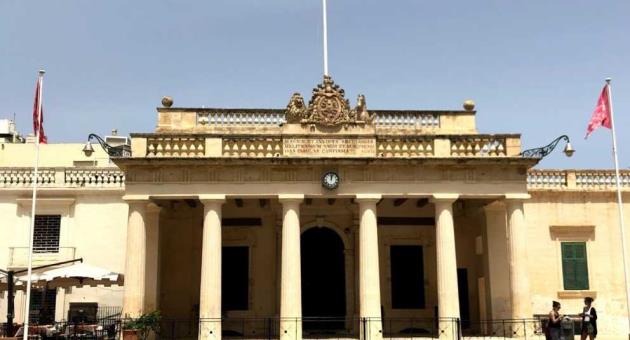Weed in Valletta
Types and Strains of Weed in Valletta
In Valletta, the capital city of Malta, the recreational use of cannabis is illegal, and the possession, cultivation, and distribution of cannabis are considered criminal offenses. As a result, the availability and variety of types and strains of Marijuana in Valletta are limited. Common strains include Indica, Sativa, and hybrid varieties, each with its own unique combination of cannabinoids, terpenes, and other compounds. These strains can have different effects and flavors, ranging from relaxation to energy and creativity.
The most talked-about and shared article: How to find weed retailers in Billund
Risks and Side Effects of Weed in Valletta
While the recreational use of cannabis is illegal in Valletta, it is essential to be aware of the potential risks and side effects associated with its consumption. Common side effects of cannabis use can include impaired cognitive function, memory and learning problems. Additionally, using cannabis illegally can lead to legal consequences and negatively impact one’s personal and professional life.
Most click story: How to find weed vendors in Bratislava
Social and Cultural Implications of Weed in Valletta
As the recreational use of cannabis is illegal, there may be stigmatization and negative perceptions associated with its use. It is important to respect the laws, regulations, and cultural norms of the region to avoid any potential social or legal repercussions. Public attitudes towards cannabis may vary, and it is crucial to engage in open and informed discussions about the topic within the legal boundaries in Valletta.
Trending post you want to read: Recommendations for purchasing weed in Dublin
Trusted Weed Sellers in Valletta
As the recreational use of cannabis is illegal in Valletta, it is not appropriate to provide information about trusted weed sellers. Engaging in illegal activities related to cannabis, including purchasing, possession, or distribution, can have severe legal consequences. It is important to respect and comply with the laws and regulations of the region. Instead, individuals should prioritize legal and safe alternatives for their recreational or medicinal needs and seek guidance from healthcare professionals to explore appropriate .
